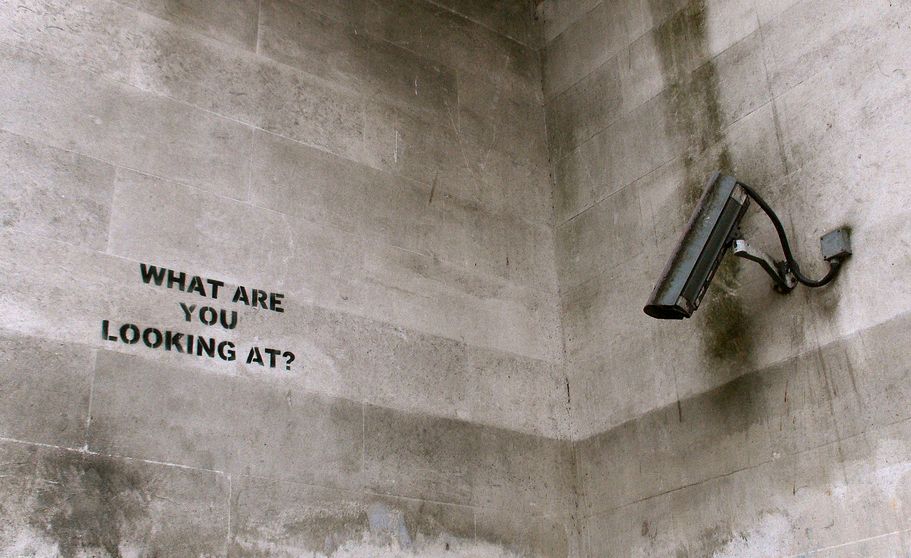Legal action is being threatened to stop police using ‘dangerously inaccurate’ facial recognition technology
A legal action is being threatened to stop the police deploying ‘dangerously inaccurate’ facial recognition technology. Ed Bridges is calling on South Wales Police to end ‘intrusive surveillance on shoppers, football fans and even peaceful protesters – without consulting the public or asking for their consent’. ‘There’s no law adequately regulating police use of facial recognition,’ he argues. ‘It’s highly inaccurate and often misidentifies female and non-white faces. And it violates our fundamental rights to privacy, free expression and protest. It needs to stop now.’
According to Bridges, the technology is ‘dangerously inaccurate’. He reckons on its own data, South Wales Police have used it on at least 20 occasions including last month’s the Biggest Weekend music festival in Swansea and more than nine out of 10 of their ‘matches’ (91%) have been misidentifications. ‘They’ve wrongly identified 2,451 people,’ he reckons.
Bridges, a former Lib Dem councillor in Cardiff, explains that the technology scans people’s faces without their consent, makes biometric maps which are matched against other facial images on special police databases and then stored. ‘It isn’t clear where the images on those special databases come from – South Wales Police have said that they might even get them from social media,’ he says. ‘So anyone – you or me – could be on their database. And all of us have our faces scanned when the police go out with their high-tech vans.’
He has written to the Chief Constable of South Wales Police to demand they stop using facial recognition technology in public spaces. If they don’t, he plans to challenge them in curt supported by the human rights group Liberty. He has launched a crowdfunding campaign through CrowdJustice here.
Liberty’s Corey Stoughton said that ‘scanning thousands of our faces and comparing them to shady databases with wildly inaccurate results’ had ‘seriously chilling implications for our freedom and puts everyone in a continuous police line-up that carries a huge risk of injustice’.
Bridges reckons that South Wales Police has scanned his face twice. First, when he was on Queen Street in Cardiff last December amongst the Christmas shoppers. He is not sure why he was filmed. The second time was in March this year at a peaceful protest against Cardiff Arms Fair. ‘The van was parked directly opposite this peaceful demonstration – seemingly aimed at discouraging us from lawfully exercising our right to protest,’ he argues. ‘Having police indiscriminately scanning us all as we go about our daily lives makes our privacy rights meaningless.’
‘There’s no law allowing facial recognition. Parliament hasn’t debated it. The public hasn’t been consulted. There’s not even any guidance on how to deploy it, and no independent oversight to make sure its use is appropriate and our rights are protected.’
Published on June 15, 2018







